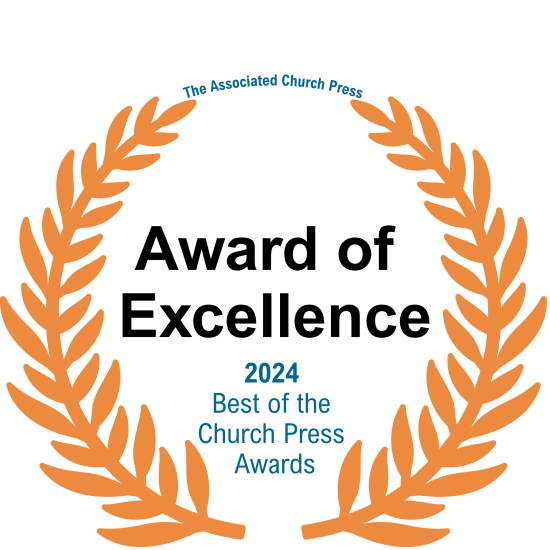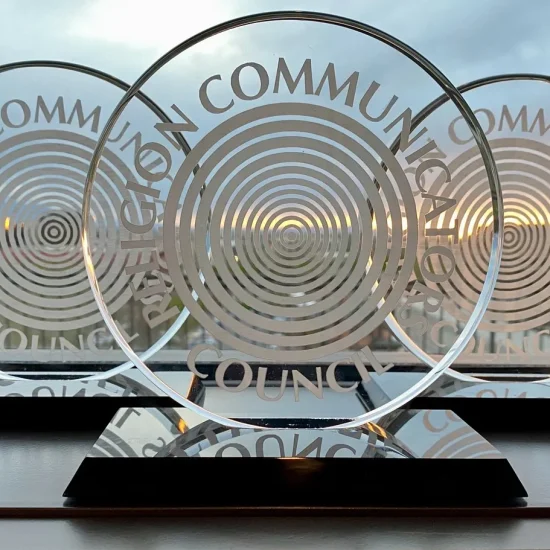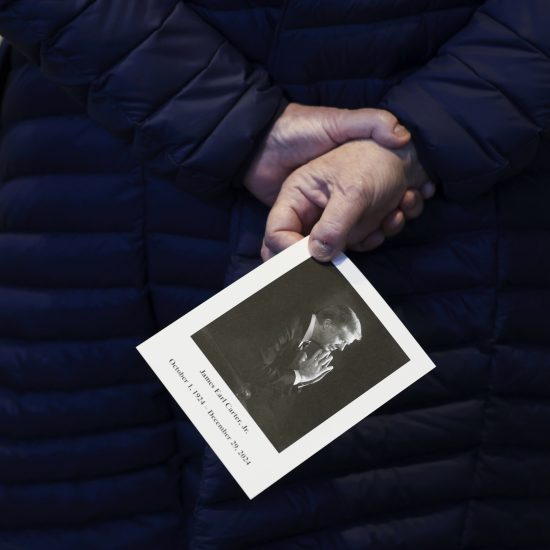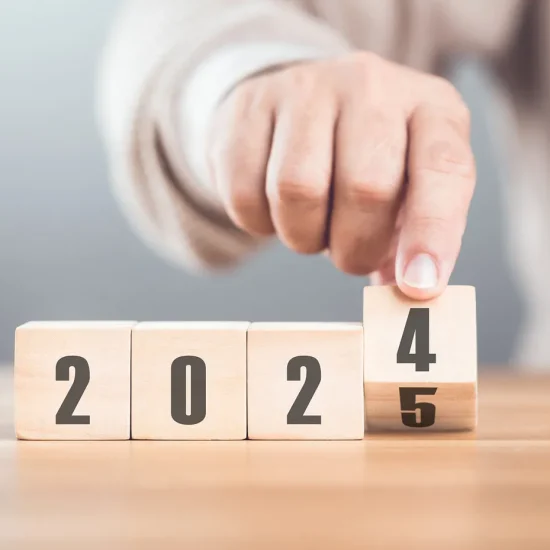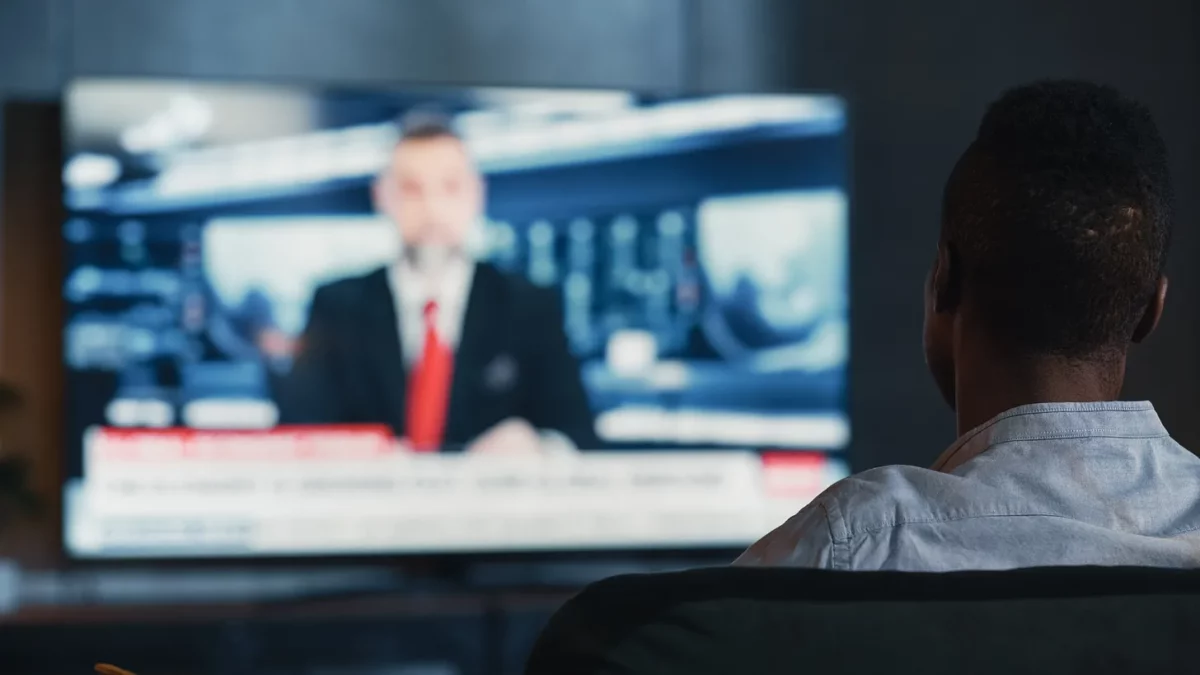
Cable news is a troubled industry. With more Americans cutting the cord, both the audience base and the revenue model — which depends on cable providers paying on a per customer basis for the right to carry these stations — are diminishing. With companies attempting an evolution to a multi-platform model that embraces new streaming options, it’s too early to write cable news’s obituary, but maybe it’s worth assessing the damage it has wrought on our society.
I wrote a previous screed titled “Jesus Hates Cable News” that I strongly stand by. The piece argued that the cable “news” business depended not on informing us but on manipulating our emotions. By driving our outrage, Fox News, MSNBC, and others seek to monopolize our attention so they can deliver our eyeballs to advertisers. The angrier we are, the more we watch, the more money they make.
Given Jesus’s admonition that what we see influences what we become (Matt. 6:22), there’s an ethical argument for canceling your cable subscription. You’ll be happier and a better disciple. If you just can’t resist, then please watch the BBC.
While my piece described the moral problems with how cable news operates, it failed to consider an important question: How did we arrive at this place? How did cable news gain such influence over our society and become such a divisive force in our politics?
Purdue University historian Kathryn Cramer Brownell answers these questions in great and fascinating detail. Her new book 24/7 Politics: Cable Television & the Fragmenting of America from Watergate to Fox News tells the story of the rise of cable news and, more significantly, explains why the landscape looks the way it does today. It’s a plot that involves a cast of interesting characters and the usual catalysts: politics and money.
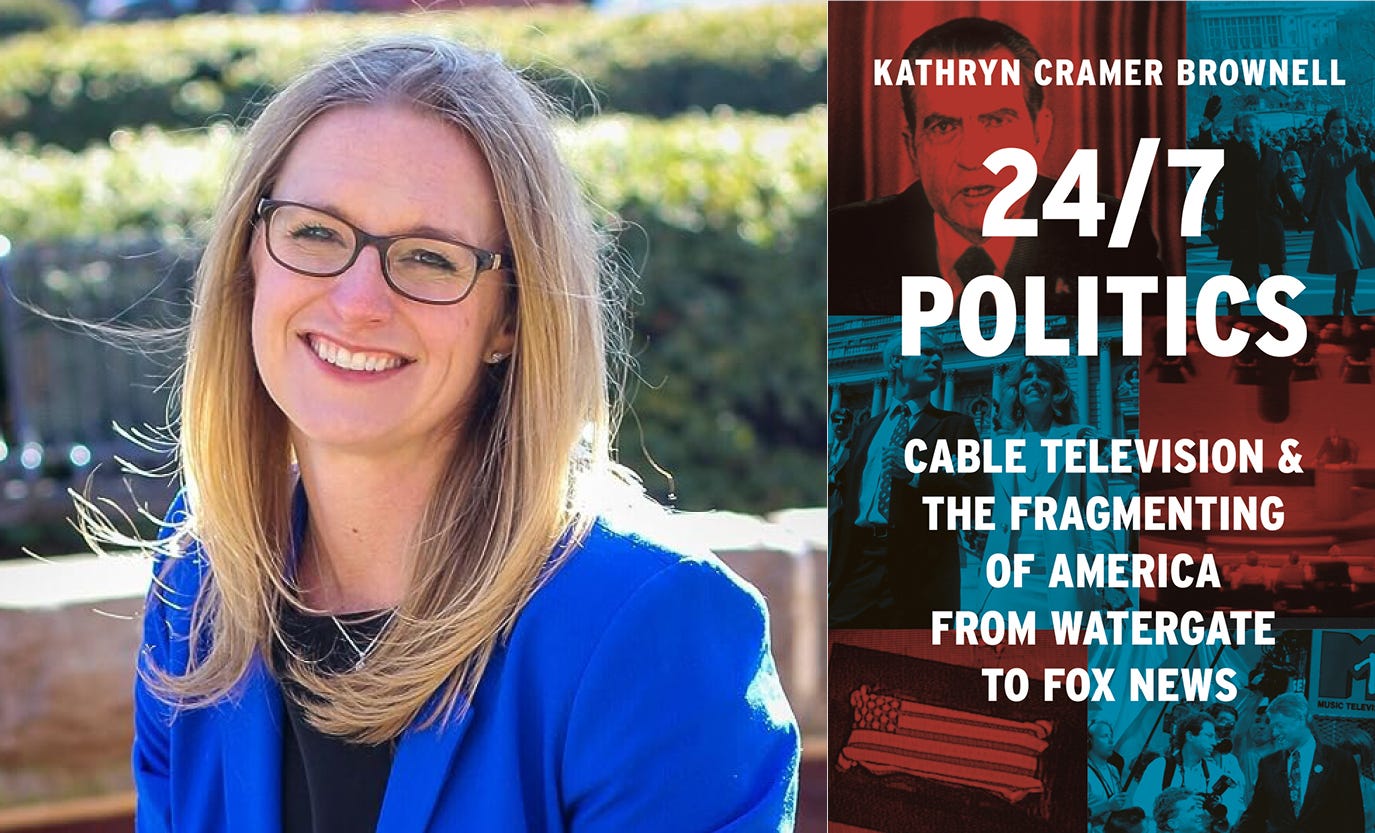
Broadcast networks created programming designed to appeal to a wide audience. In doing so, they reinforced majoritarian preferences and dominant cultural stereotypes. Voices outside the mainstream were ignored. Advocates portrayed cable news as the antidote to broadcast’s monolithic and undemocratic nature. Cable would provide more information, feature diverse voices, and allow for greater connection between candidates and their constituents.
“So many people in the 1960s and 1970s saw broadcast television as a means to gaining political power. And broadcast television was very exclusionary. It overwhelmingly — in both its news and entertainment program — advanced a White, heterosexual, middle-class, male point of view,” Brownell explained during a recent episode of Dangerous Dogma.
“People across the political spectrum were pushing for change. They wanted to decentralize the media and allow more access, different viewpoints to emerge,” she added. “And that’s where cable … [is] reimagined as an alternative, that it could deliver for democracy what the broadcast monopolies could not with their limited types of programming.”
These pro-democracy justifications were used to convince politicians and policymakers to support deregulation. Those decisions created a much more market-driven industry where companies sought to cater to the whims, desires, and views of specific audiences. Rather than deliver the news for the purpose of informing the country, information became a source of entertainment devoted to making corporations money. Cable news told people what they wanted to hear — that their perceived opponents were evil and elections were stolen — so they wouldn’t change the channel.
There’s no way to tell that full story in a few hundred words, but Brownell does it masterfully in just over 300 pages. Her book is history at its best. She helps the reader understand how institutions develop, manages to make arcane regulatory details interesting, and highlights people and moments that are generally overlooked in the explanations for how we arrived at this place where some media outlets appear to have done more harm than good to our democratic life.
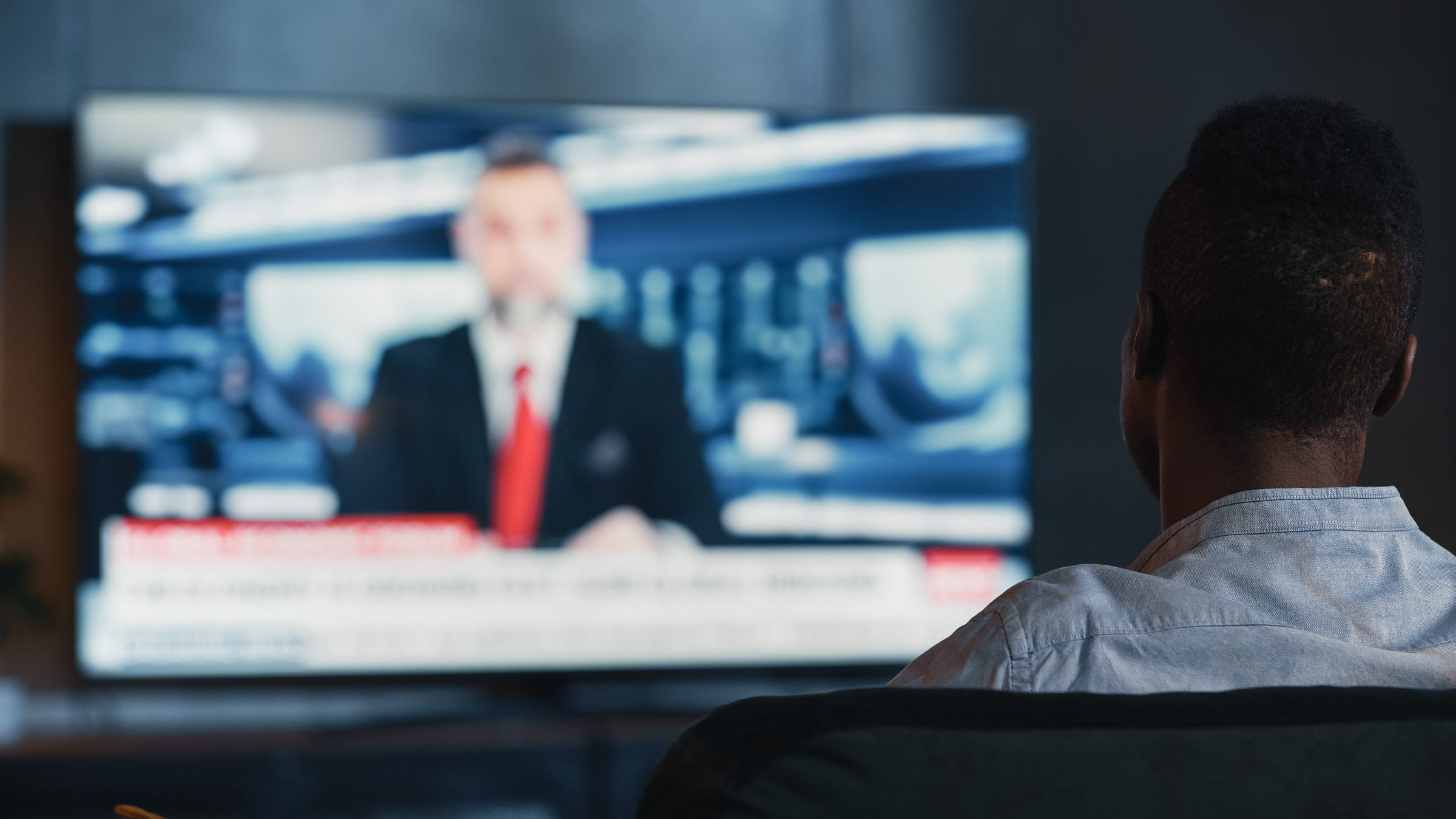
If you are convinced — as I am — that cable news drives an unhealthy amount of our politics (for example, the way Fox News mainstreamed “The Big Lie”), then 24/7 Politics is the key to deciphering how this happened. As with many history books, there are multiple points in the story where the reader is left to imagine what might have been different. We may not be able to change the past, but Brownell has helped us understand it better so that we can act with more awareness in the present to protect democracy for the future.
Indeed, this is such an important book that we’ll be giving away a copy signed by the author to one lucky paid subscriber of A Public Witness. To be eligible for that drawing, upgrade your subscription today! We don’t provide 24/7 coverage, but the pieces that land in your inbox each week — some of which are only sent to paid subscribers — provide a comprehensive look at how religion and politics intersect in American public life. You don’t want to miss a word!
As a public witness,
Beau Underwood
By the way, we know you’ll get a lot of emails about giving tomorrow. We won’t add to that pile. But if you’d like to donate to support our work, you can give online. If you’re not a paying subscriber to A Public Witness, what we’d really like is for you to upgrade your subscription.

